By Megan Patton (UC San Diego)
Planning to pursue a PhD in arthropod biology after studying abroad in Australia
One week before I was scheduled to leave on my study abroad program in Australia, my doctor informed me that there was a national shortage of ADHD medication and I could only have a 30-day supply for the three-month adventure I was about to take.
In case you aren’t aware, Attention-Deficit Hyperactivity Disorder (ADHD) can significantly impact a student’s academic performance, including their GPA. Students with ADHD can struggle with maintaining attention during lectures and while studying. ADHD can also make it challenging to manage their time effectively, including difficulty prioritizing tasks, meeting deadlines, and organizing their study schedules.
As you might imagine, studying abroad in a new country with a different academic culture and expectations can be challenging for any student—that’s daunting enough! For a student with ADHD and a high GPA, it can feel downright impossible especially with a shortage of medication.
I resigned myself to thinking this study abroad program just might ruin my straight A (and one A-minus) streak. Was I ever wrong though!
Despite my anxieties about study-life balance and managing my ADHD, I soon discovered the folks running the program want you to succeed not only with your grades intact but also having the time of your life! In the end, I didn’t have to choose between my GPA and my sanity on one of the most incredible adventures I will ever take.
Here’s how you can, too.
Set Your Expectations
When you’re setting expectations for your study abroad experience, it’s not all about you. I’ll explain.
The theme of my program, Marine Biology and Terrestrial Ecology, was focused on oceanography, ecology, and conservation. It included courses covering critical aspects of Australian history and culture.
What attracted me to the program was the epic field trips traveling to different national parks and islands to study some of the unique ecosystems only found in Australia. I expected to love the fieldwork and be bored or struggling in the classes, especially given my lack of ADHD medication.
I was so wrong!
After speaking with the program coordinators before I left and with professors when I arrived, my concerns about my ADHD were alleviated. It became abundantly clear to me that everyone involved in the program wanted to see me succeed, and they would do what they could to help me do that.
Looking back, it’s crazy to think I wasted time and energy stressing about it. By communicating with my support team and seeking the support I needed, I could enjoy the courses and my time in Brisbane.
Pro tip: It’s vitally important to disclose any accommodation needs early in the application process so that the staff at UCEAP and abroad can help you prepare for a successful study abroad experience.
Give, and You’ll Receive
On the first day of class, we were warned about the workload and assured that we’d be given the time and tools to learn and succeed on the program. The number one key to getting good grades anywhere in the world is to be curious and passionate about learning the material.
While every person learns in their own way, and each person will have a different experience with their classes, at the end of the day, I speak for my study abroad peers when I say, “You get what you put in.”
It was easy for me to feel passionate about learning the material, especially when we started going on field trips and applying the knowledge to see what happens in person. This type of immersive experience was extremely helpful to me because living with ADHD sometimes makes it hard to understand or remember everything related in lectures or the reading material.
Gather Your Tools for Success
Maintaining a study-life balance is just as important while studying abroad as it is at home—probably even more so! Some strategies work better for some people than others; these are my success tools.
1. Bring a planner
Bring a planner in the format that works best for you to keep track of deadlines and schedule time for study and play. My planner was essential during the weeks I spent on campus and helped me carve out time for all sorts of activities between assignments and tests.
Brisbane’s public transportation system allowed me to explore many diverse pockets of the city during my scheduled free time. I was able to go on many side adventures with friends, like snorkeling shipwrecks, taking gelato crawls, and even a weekend trip up the coast to Arlie Beach that I will never forget.
2. Form study groups
Sometimes, classmates made plans while I opted to stay in and study or work on homework. Fortunately, I wasn’t the only one, and we’d form study groups, which made it easier for me to stay focused. We quizzed each other for upcoming tests or quietly worked on our individual assignments next to each other, and having others around hard at work made it much easier to stay on task.
On field trips, each day was packed with activities that included hiking through rainforests, conducting live research on the beach, and snorkeling the Great Barrier Reef, making our schedules much more irregular, even erratic, than when we were on campus. There were several field trips when we were up at sunrise and active until dinner. This meant our limited free time was spent filling out workbooks and analyzing data (aka the last thing anyone wanted to do when exhausted). This is where the study groups were essential.
We helped rally each other to work for an hour here and an hour there, and the combined use of my planner with group study sessions meant I was able to keep up with the work and still manage to find time to do fun things like a yoga circle under the stars on Stradbroke Island or read a book before breakfast at the café at Lamington National Park.
3. Be Your Own Hero
In addition to implementing my tools for success, I carefully worked with the professors and program coordinators to get similar accommodations for tests and assignments as I had at my UC back home. These accommodations were the final key to my success.
It took a bit more time and effort to reach out to UCEAP program coordinators and submit the documentation beforehand, but I’m so grateful I did. If I hadn’t done the hard work to secure my accommodations, I wouldn’t have accomplished so much on this program.
While I’ve had to fight for such accommodations in the past, all the professors at the University of Queensland were understanding and respectful of my learning disability. I am eternally grateful.
Savor the Success
Aside from the near panic attack I had while finishing my last research paper (that’s normal), and despite the sheer amount of information I absorbed and countless hours spent studying and working on projects, I never felt I wouldn’t be successful or achieve the grades I wanted.
Thanks to my success tools and the support of professors and program coordinators, I never felt like I was sacrificing my experience abroad solely to get good grades. I managed to have amazing, once-in-a-lifetime experiences and still earn high grades (all As) in all my courses abroad.
I graduated Suma Cum Laud, and I’m in the process of working with my research program group to publish our findings.
Studying abroad with a learning disability may be daunting, but if you put in the hard work, communicate about your needs, and advocate for yourself, you can have an incredible experience and earn those delicious grades, too!
Learn more about studying abroad and your health
- Get a list of what to pack in your study abroad travel health kit.
- Understand what the UCEAP health clearance process is all about.
- If you’d like more reasons to study abroad in Australia, we’ve got that too!
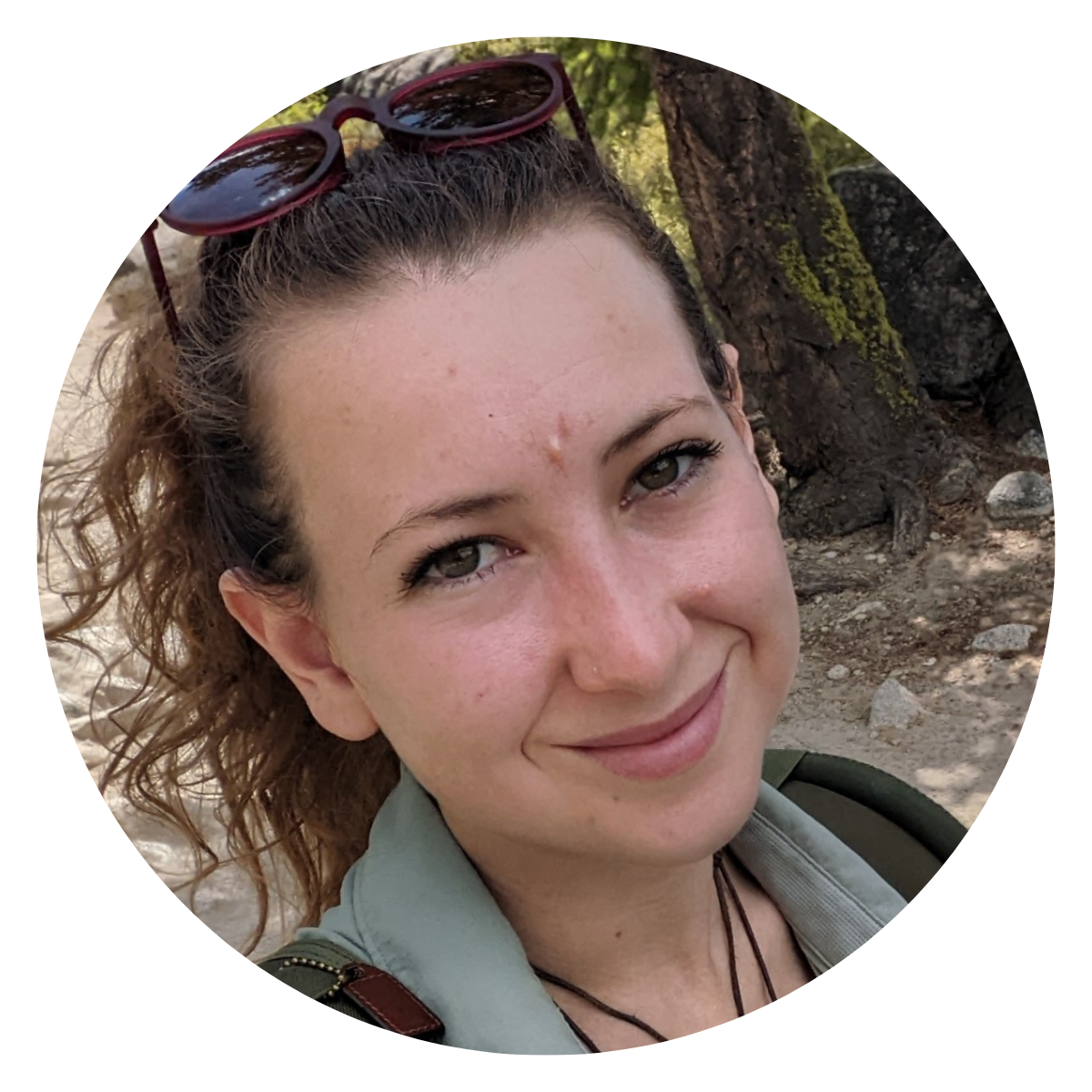

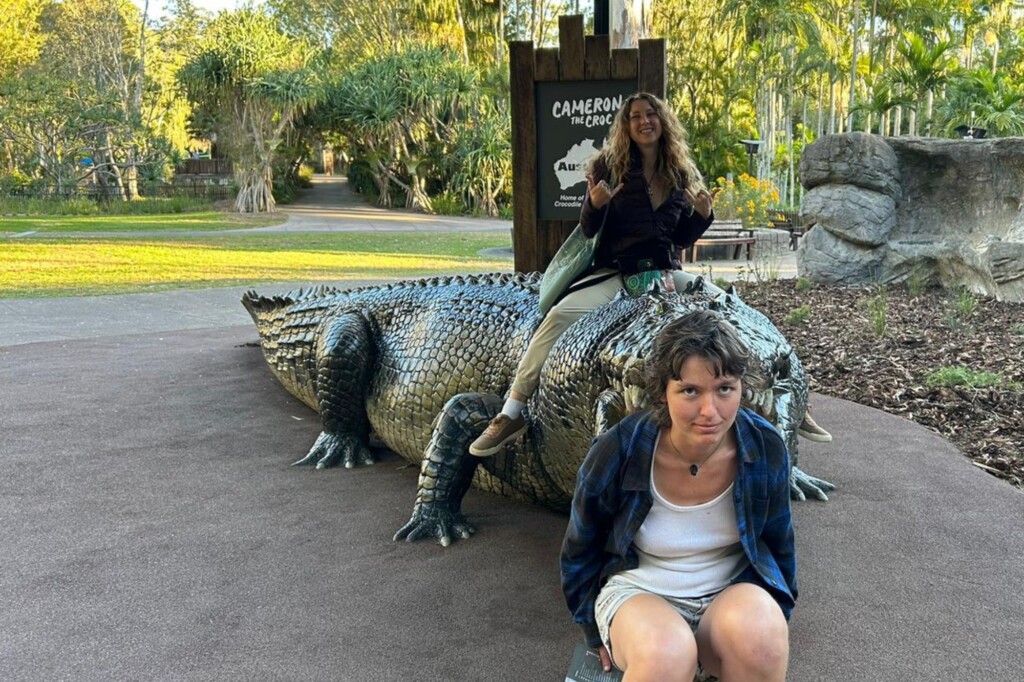
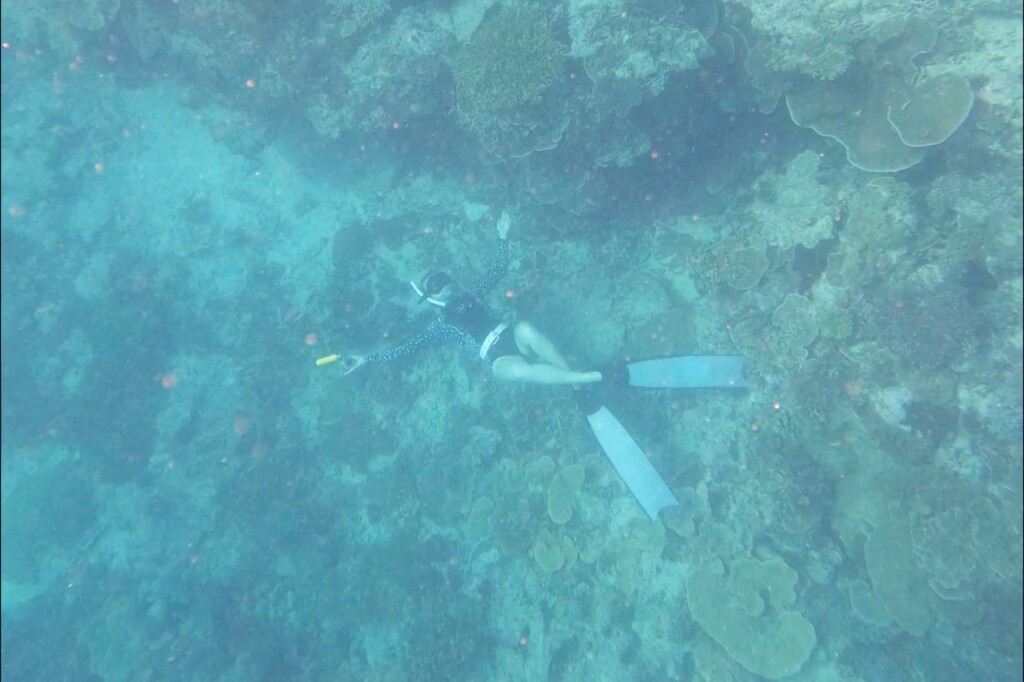
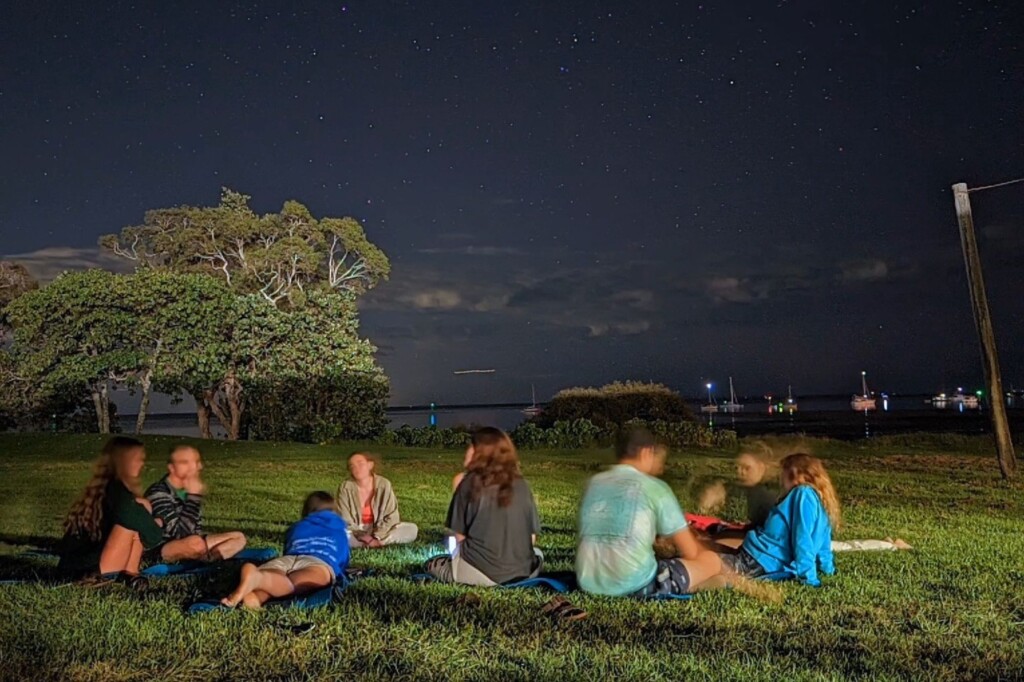
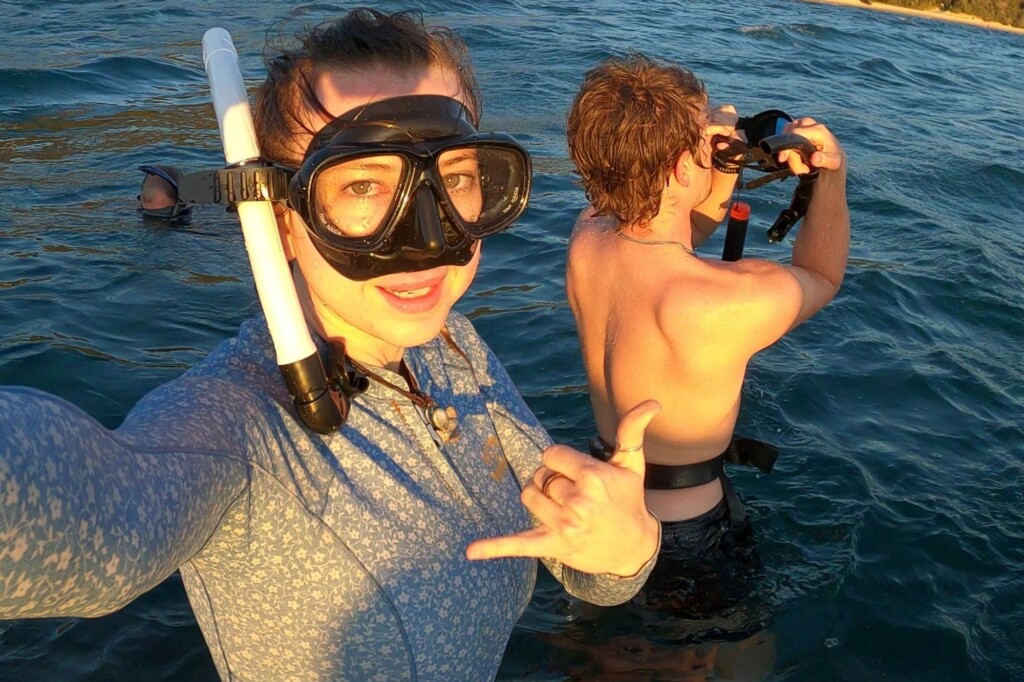



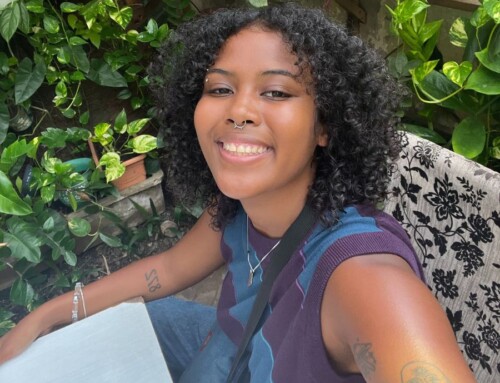


Leave A Comment